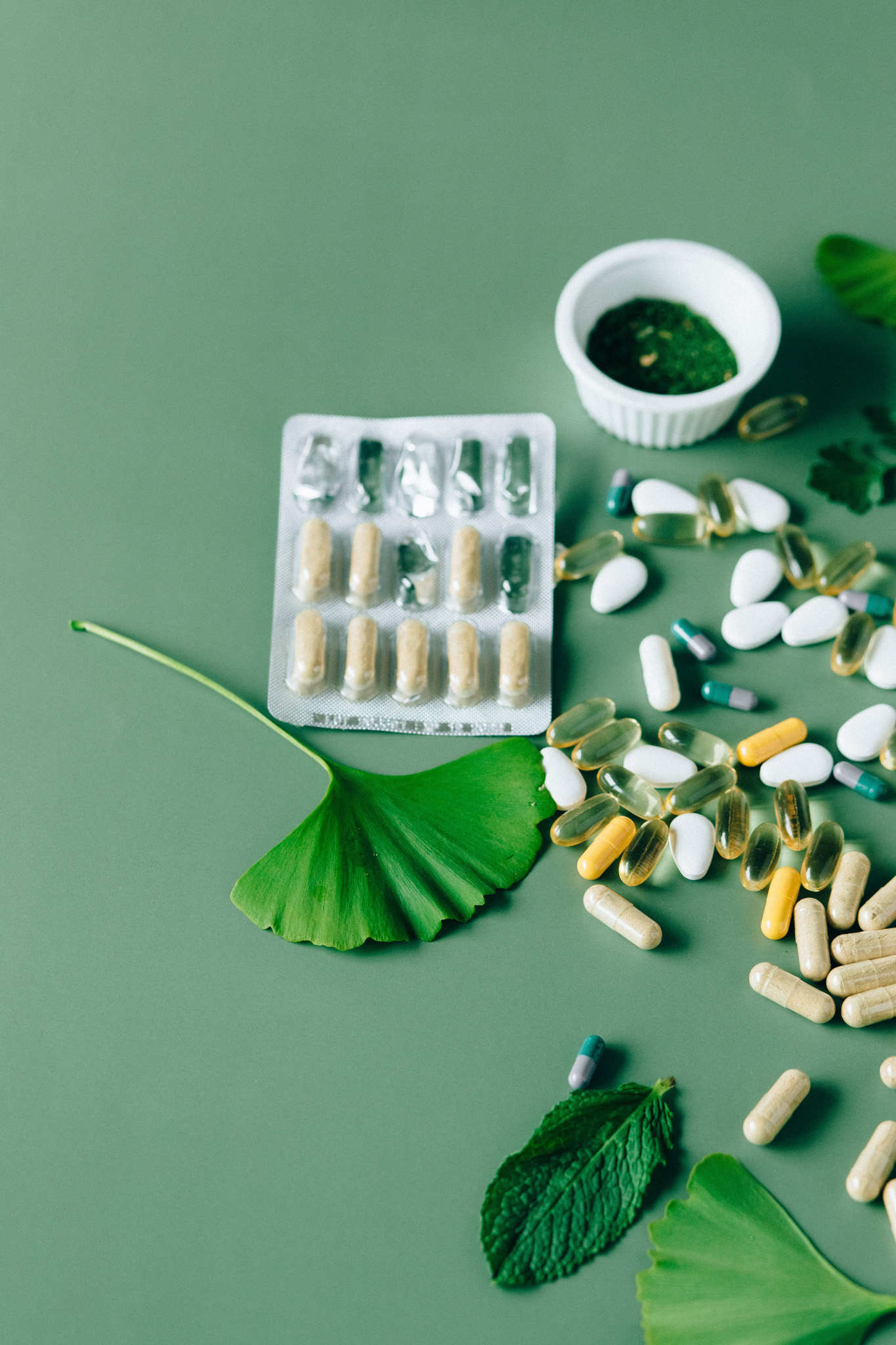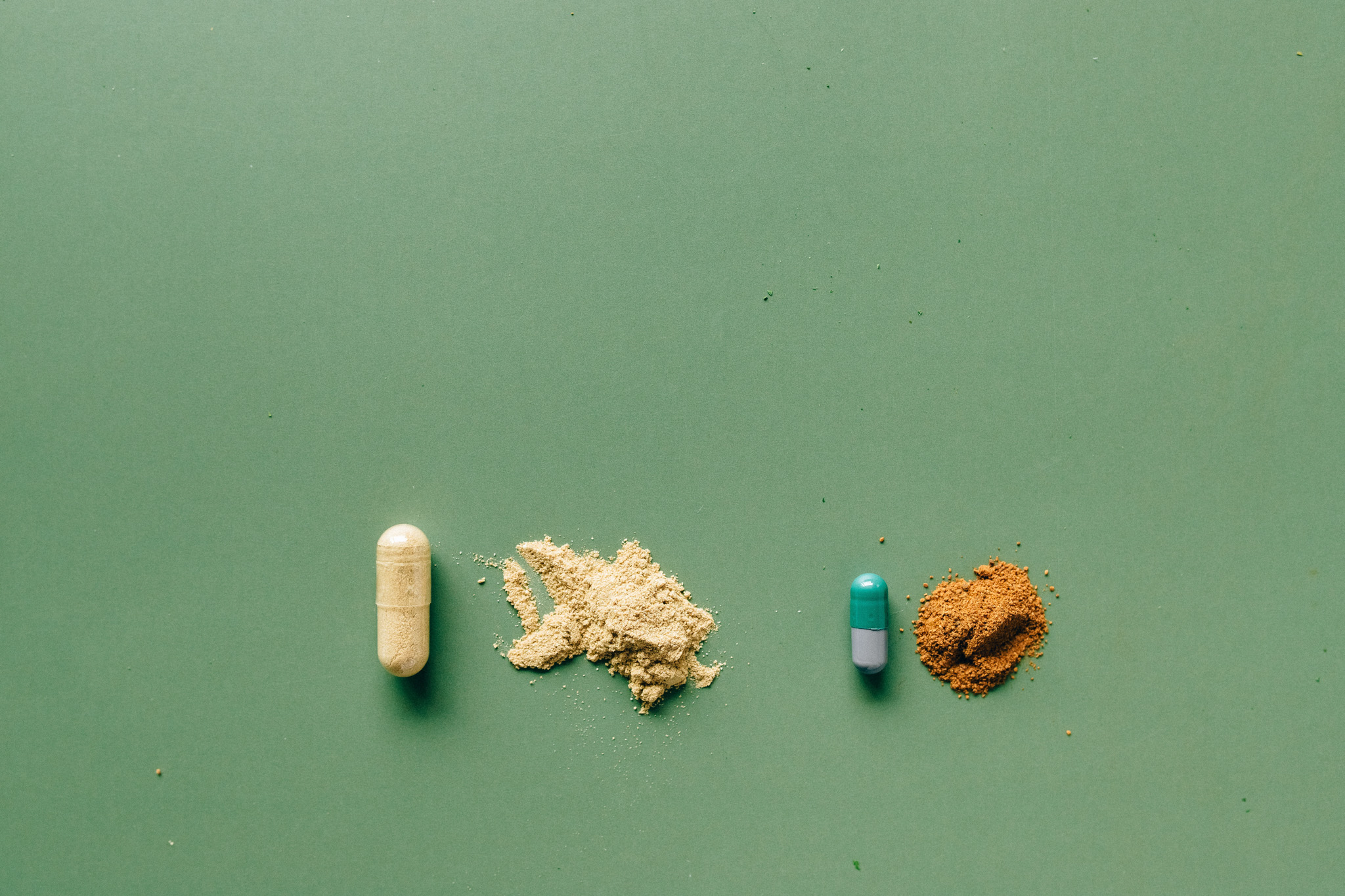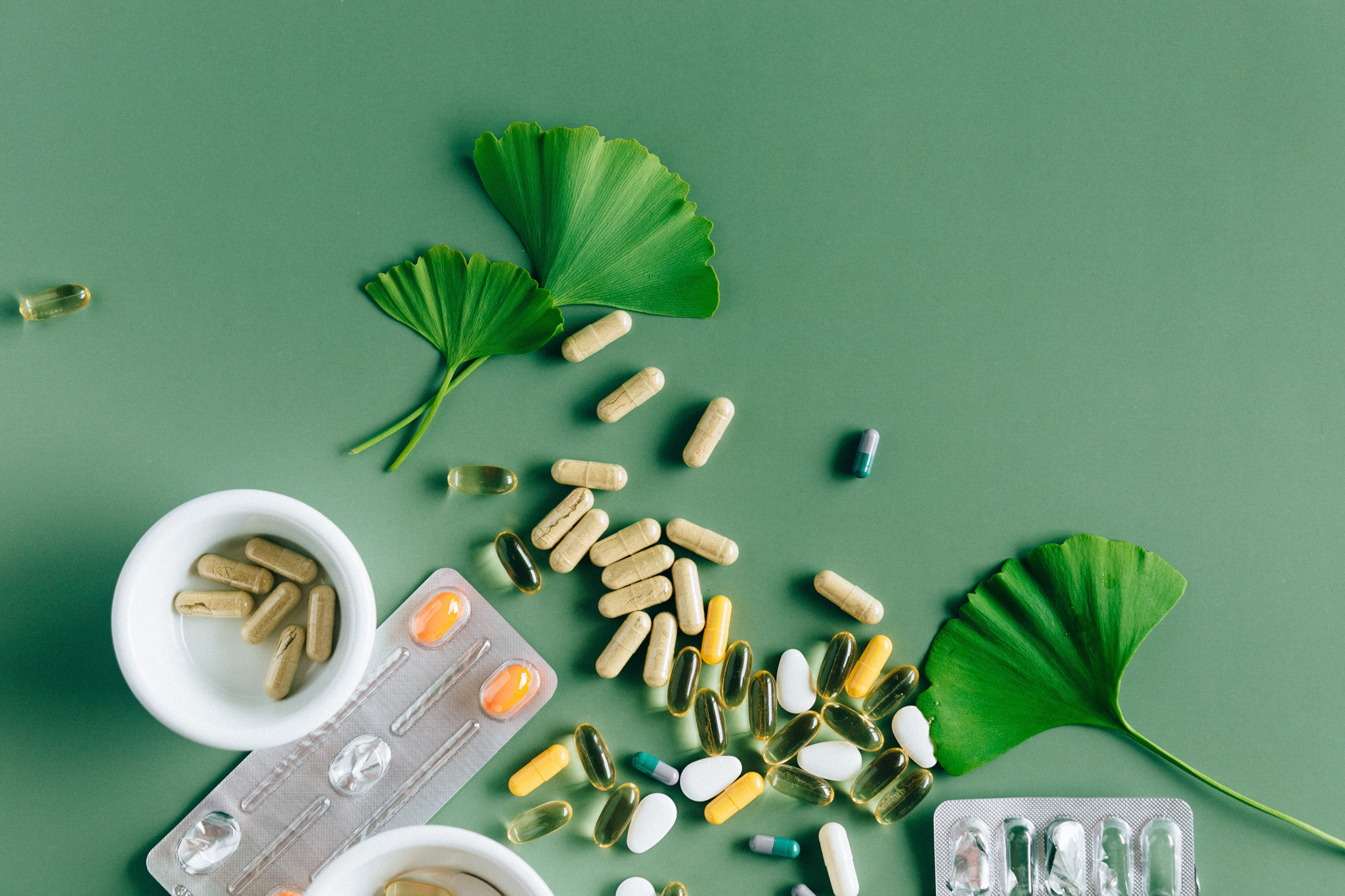Everything you need to know about protein supplements.
Written by
Jonathan Steedman
Protein powders are everywhere and, because of this, the question “which is the best protein powder?” is also everywhere. By the end of this, it will no longer be on your lips.
Protein powders aren’t magical, and they’re certainly no better at fuelling your muscle growth and recovery than real food. They do however provide an easy, cost effective way to boost the protein content of a meal that may otherwise be lacking, or help you reach your daily protein targets.

01
Lean, Shred, Mass Gain & Gender Specific Proteins
I wanted to get all of these special varieties of protein out of the way first, as they’re probably what the giant man without a neck at the supplement store will try and convince you are essential to reaching your goals. Yes, he’s bigger than me. No, he doesn’t know more than me. I’ll blow through them quickly:
Lean – Unless it’s truly terrible quality, any protein powder will be lean (low in fat). Most of them are also extremely low carb too
Shred/Thermogenic – Usually includes some caffeine and a variety of other scientific sounding ingredients that don’t work
Mass Gainer – Generally protein powder + a carb powder + maybe some extra vitamins and minerals. There’s nothing inherently wrong with these, I just think that blending your protein powder with some milk, berries, oats, peanut butter, and/or banana is going to give you everything that mass gainer will, and more. It’s also definitely going to taste better
Gender Specific – THE WORST OF THE BUNCH. Please don’t fall prey to this unethical marketing. Protein is gender neutral.
02
WPI (Whey Protein Isolate)
The most common form of protein powder WPI, or whey protein isolate, is isolated whey protein (surprise!) Whey is one of the two types of protein found in milk. By passing milk through various filtration processes, almost all of the additional carbohydrates (such as lactose), fats and casein proteins are removed, leaving pretty much nothing but whey protein.
Whey protein is at the top of the list for two reasons. Firstly, whey has the highest “biological value” of all proteins. Biological value refers to how easily the body digests and utilises the protein so, in general, the higher the better. Secondly, whey is high in the amino acid leucine. I won’t bore you, but basically the amount of leucine in a serve of protein is a big deal. Thanks to something called the “leucine threshold” (don’t ask), it’s recommended to aim for >2g of leucine per serve of protein. Almost all whey protein supplements will have >3g of leucine per serve, well and truly taking care of that.
Finally, because of the high level of filtration that occurs during the production of WPI, lactose levels generally end up at <1g per serve. This means people who generally don’t tolerate dairy well often find they are ok with WPI. That being said, if you’re worried, start with half a scoop and maybe make sure you don’t have anywhere to be for a while...
03
WPC (Whey Protein Concentrate)
Whey protein concentrate is basically slightly less filtered WPI. This means it’s slightly higher in lactose and fat, and slightly lower in protein per serve. It’s still more than enough protein to get the job done, and ticks both the biological value and leucine boxes so, unless you don’t tolerate dairy very well, this is actually my preferred option as it also tends to be a bit cheaper!
04
Casein
Casein is the other protein found in milk, and is often called a “slow release” protein. It’s usually a bit higher in carbohydrate and fat than WPI so if you don’t tolerate dairy, I’d skip this one.
Casein’s reputation as a slow release protein comes from its ability to clot in your stomach. Gross. Despite this grossness, its ability to clot in the stomach is actually kind of good news! This process slows the absorption of the protein, which helps it fill you up and may potentially improve your body’s ability to absorb and utilise it.
Because of its slow absorption, it's often promoted for use at bed time instead of around exercise. The belief is that the slowly absorbing casein will provide a “drip feed” of protein throughout the evening, leading to greater muscle growth and/or recovery. At this stage, the evidence supporting this belief is quite weak, so I wouldn’t turn your nightly routine upside down just to fit in a scoop of casein powder just yet.
05
Vegan Protein Powder
This is a bit of a catch all phrase, as there are lots and lots of things that can end up providing protein in a vegan protein powder. Although rice and pea proteins tend to be the most common ingredients, things like coconut, mushroom and chia are just the tip of the iceberg.
Vegan protein powders tend to be blends of ingredients because plant sources of protein tend to contain an incomplete spectrum of amino acids. This makes them less effective at supporting muscle growth and recovery when compared to something like whey, which contains the full spectrum of amino acids. To counteract this, plant sources of protein that are low in one or more particular amino acids are paired with other plant sources of protein that are high in those amino acids. Pretty nifty hey.
For that reason, I’d always recommend going for a blended vegan protein powder which leading brands often are. I would also always recommend trying to get a sample before you commit to a whole bag, as some vegan protein powders can make your smoothies quite... thick. And not good thick.
06
Soy Protein
While this is technically also a vegan protein powder, I felt it deserved its own section for a couple of reasons. Firstly, soy should not be feared. It’s perfectly healthy if you’re having a few serves a day. Secondly, although it’s a plant protein, it’s got a much better spectrum of amino acids so, unlike other vegan proteins, there’s no need to buy this as a blend.
07
Branched Chain Amino Acids (BCAAs)
BCAA supplements technically aren’t protein supplements, but they’re in the same family so I felt they warranted a mention. The thing is, there’s nothing they do that a full strength protein source (dairy or plant based) won’t do better.
They don’t decrease muscle soreness, aid muscle growth or recovery or help you burn fat (lol) anymore than a regular high protein diet does. They might trigger muscle protein synthesis (ie. building/recovering muscle tissue) but they don’t have the other materials needed to finish the process. What a tease.
It’s also important to remember that your expensive lolly water DOES contain calories. Roughly 4.5 calories per g.

So, what brands do I recommend?
I have personally used/tasted: Bulk Nutrients, True Protein, Bare Blends and VPA. They all definitely contained protein and tasted like protein.
Mostly though, I don’t overly like recommending specific brands. I would rather tell you what to look for in a protein supplement, so you can make the best decision for yourself. Seamless segue into...
My Protein Powder Shopping Pro-Tips
1. Protein Per Serve: make sure it has at least 20g of protein per 30g serve.
2. Short Ingredients List: outside of the protein source, a few things to flavour it and something to help it mix (usually soy lecithin), your protein powder really shouldn’t need anything else. Extra ingredients usually mean extra money for no extra benefit. Vegan protein powder blends will generally have longer ingredient lists because they’ll need to have a couple of sources of protein.
3. Tastes Good: obviously.
And there you have it! Was there something I missed? Still confused? Send me an email with any questions you may have, otherwise keep an eye on Instagram and shoot them through when I do my weekly Q&A.

Thanks for reading! Why not subscribe to our mailing list for more great content.

